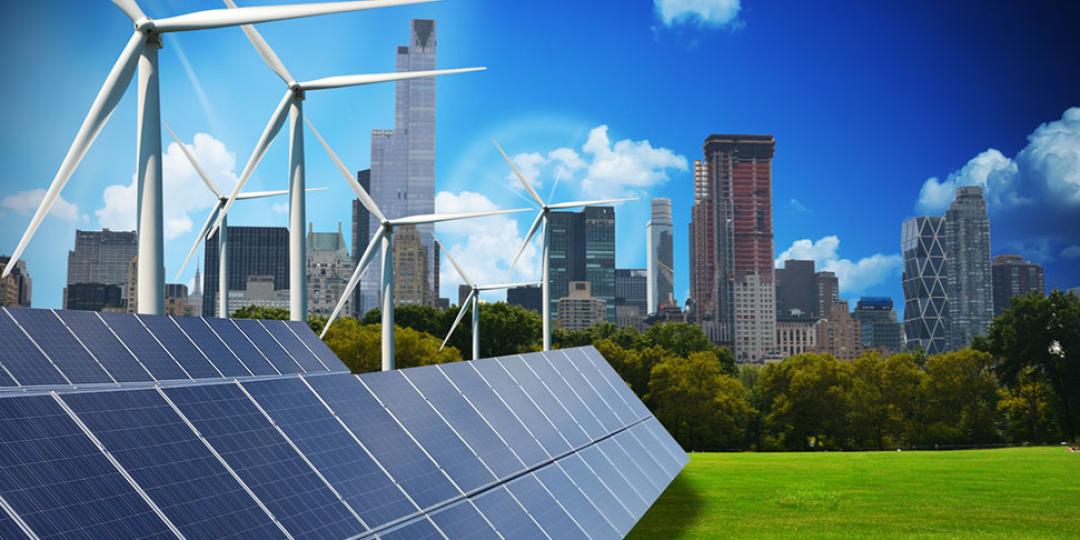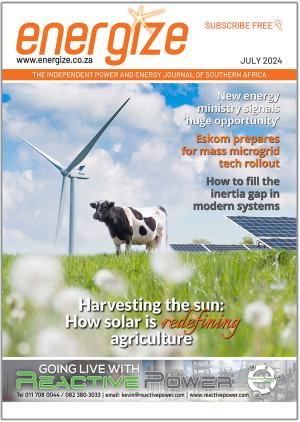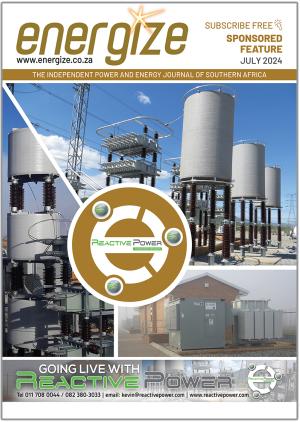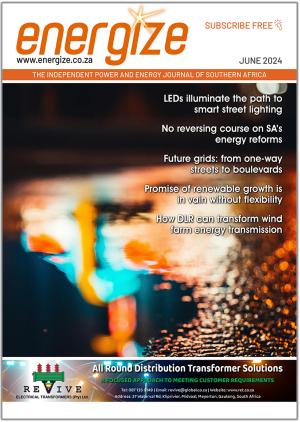A decade into South Africa’s renewable energy sector’s existence, it has become apparent it is still lagging in sufficient gender diversity. Hence the industry is actively giving attention to adjust and improve the levels of gender representation, at all levels, with the launch of its Gender Diversity Working Group.

“Gender diversity means a fair gender representation across all spheres of our industry. A 2020 report by IRENA and the Women in Wind Global Leadership Programme shows that women represent only 21% of the global wind energy workforce and only 8% of its senior management. Recognising that the challenge of underrepresentation of women in the wind energy sector is as much a South African challenge as it is a global challenge, we launched a Commitment Statement in 2018, which commits members of the Association to address, amongst other things, issues of gender equality in the sector,” said Ntombifuthi Ntuli, CEO of the South African Wind Energy Association (SAWEA).
This sector Working Group will mainstream gender issues within the renewable energy industry by creating a platform and framework that will actively address gender diversity matters within the energy sector and to hold dialogues around areas of inadequate representation.
This new renewable energy industry Working Group is a collaboration between SAWEA and the solar PV counterpart association, SAPVIA, as both organisations recognise the need to address gender diversity issues from a broader renewable energy industry perspective. Additionally, the collaboration includes WE Connect, an NPO focussing on women empowerment within the renewable energy sector, with the intention of maximising capacity and increasing the programme’s impact by incorporating gender coaching and mentorship.
SAPVIA COO, Niveshen Govender added, “Diversity in the workplace is vital for the future success of every organisation. Countless studies have shown the positive effects gender diversity can have in every industry and we must work together to ensure that South Africa’s renewables sector is truly reflective of the society in which we operate.”
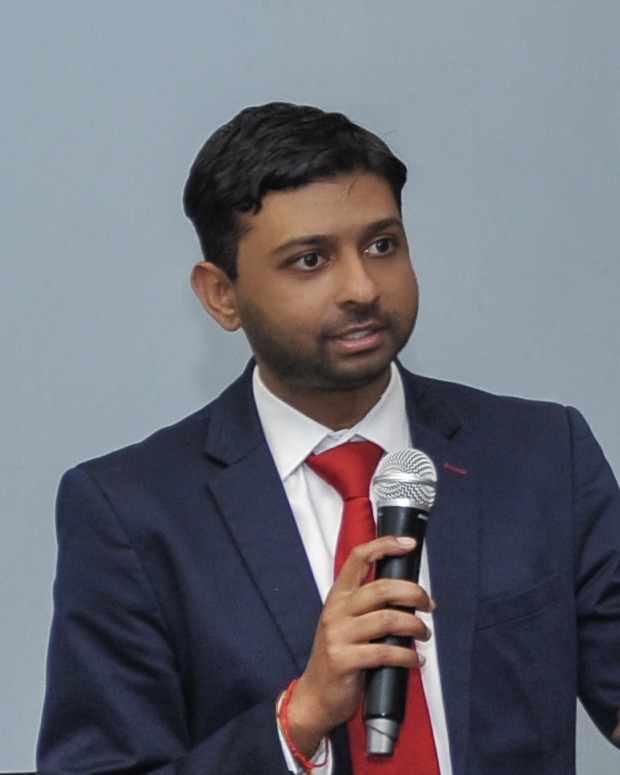
“As a sector our ambition is to deliver a just transition and this must include the upliftment and inclusion of all genders. This is not just because it is the right thing to do – it also makes commercial sense. From widening the talent pool to enhancing collaboration, improving retention, recruitment and reputation, the payback of an inclusive workplace has never been clearer.”
“There could not be a more fitting time than International Women’s Day to bring together this Working Group. The onus is of course on each of us as individuals to challenge the status quo, however with this group we can collectively take proactive steps to driving the change that is so needed in our sector to create a more balanced workforce across the renewables industry.”
Looking inwards, the wind sector’s governing association is in fact operated under female leadership and has done so for several years. SAWEA has been led by both a female CEO and Chairperson for the past two years and is supported by a women-dominated team.
“Our team is demonstrative of how women display emotional intelligence and innovative thinking that brings a different perspective, as women are naturally visionary forces. Our shared vision has created cohesion and has meant that we have been able to achieve the association’s goals, whilst contributing to a positive culture,” added Ntuli.
The Gender Diversity Working Group Programme is expected to include a Leadership Acceleration Programme (LAP), which will identify women with leadership potential and place them on an accelerator programme to help bridge the female leadership gap in the renewable energy sector. This is in addition to the Coaching and Mentorship Programme, led by WE connect, which will pair mentors and mentees and assist them to meet certain objectives.
“Diversity in thought will contribute positively to the thriving and growing renewable energy industry. Through mentorship, the industry can empower women, to bridge the gap between male and female perspectives on equality and to promote the concept of giving back,” says Karen de Bruyn, Founder of WE Connect.
Looking beyond the professional space, the programme will also include a ‘Business Opportunities for Women’ initiative, to provide access for women in entrepreneurship activities in the sector and to support women who are establishing themselves as entrepreneurs. Besides the programmes mentioned above, the Working Group also aims to achieve the following: Gender Diversity Performance Reporting, which will include a scoring matrix; Dialogues and Events, as discussion platforms to address common challenges and shared solutions on gender issues; and the launch of a Renewable Energy Industry Gender Diversity Charter – in line with the Industry Commitment Statement.
“Simply put, the ultimate target is to see women in the sector having access to and being considered for all opportunities,” concluded Ntuli.

